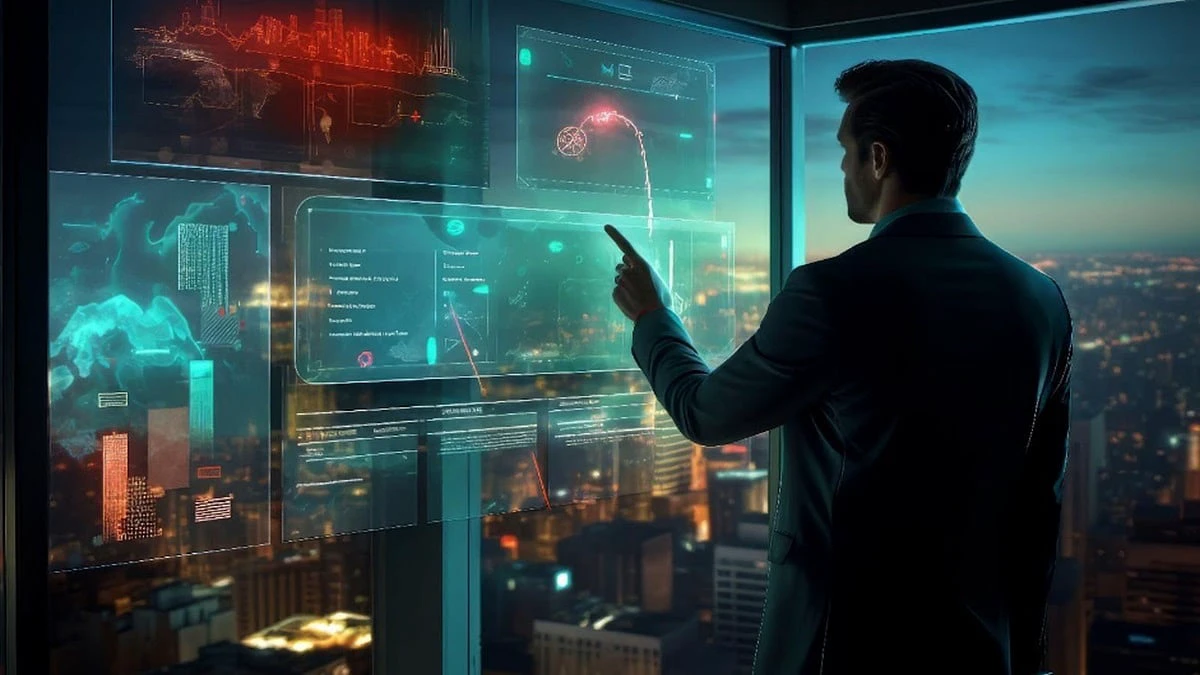Every story of progress begins with a question. Somewhere in the long journey of humankind, an early ancestor must have stared at a spark and wondered what else it could do.
Fire was not just warmth or light; it was the first spark of imagination.
When someone rolled a piece of wood and discovered the wheel, it was not only about movement; it was about freedom. From cave paintings to language and from iron tools to agriculture, each breakthrough said the same thing-life could be better.
Human innovation has always carried that restless need to move beyond what exists. Those early experiments were not planned or approved by anyone. The discovery of fire helped cook food, but it also burnt forests. The wheel moved carts and armies alike. Writing preserved wisdom but also spread deceit.
The story of invention has never been a straight road of good ideas. It has always been a winding path of hope, curiosity, and consequence. We advanced not because we always got it right, but because we never stopped trying.
When the Renaissance arrived, innovation found both language and wings. Leonardo imagined flight before the world was ready. Galileo turned his telescope to the sky and saw what belief systems refused to accept. Newton explained the universe through mathematics yet admitted that he was only collecting pebbles on the shore of a vast ocean of truth. History remembers their brilliance but forgets how much resistance they faced. Every innovator who changes the world also unsettles it. Discovery is never comfortable.
The industrial age turned innovation into a revolution of its own. The steam engine, electricity and later the automobile made the world smaller and faster. Factories rose, cities expanded, and nations began to think in terms of machines and scale. Yet the same revolutions that gave us comfort also created conflict and inequality. Every advance in efficiency carried a cost in human and environmental terms.
That pattern still holds true. The internet connected billions but also made truth a matter of opinion. Artificial intelligence can detect diseases and fake identities with the same ease. Social media has become both the global village square and the global echo chamber. Innovation always arrives before understanding catches up.
When Alexander Fleming found penicillin, it was by accident. When the Wright brothers flew, they were not thinking of how air power would change war. When scientists split the atom, they unlocked both energy and annihilation. Every breakthrough begins in curiosity and ends in consequence.
Innovation runs on speed. Governance runs on caution. The innovator experiments for months. The policymaker debates for years. That gap is inevitable, but it is also dangerous. When regulation moves too slowly, society becomes the test lab. When it moves too fast, creativity suffocates. Finding balance between freedom and foresight is one of the hardest tasks of leadership today.
Modern policy leaders face an even sharper version of this dilemma. The technologies they must regulate are often the ones they barely understand yet must urgently enable. Artificial intelligence, biotechnology, digital assets and climate engineering carry immense promise and hidden perils. Governments must bring such technologies into daily life while protecting citizens and democracy itself. A single misstep can either slow down innovation or unleash chaos.
The challenge for policymakers is not only to control technology but also to cultivate it responsibly. They must encourage experimentation and ensure accountability. They must promote global competitiveness without losing ethical ground. Building guardrails without building walls is the real art of governance. It requires agility, moral clarity and imagination-qualities that modern bureaucracies often struggle with.
India stands at a remarkable moment in this story. Aadhaar, UPI and the Digital Health Mission have shown how technology can expand access and dignity at once. Our young minds are experimenting with artificial intelligence, green energy and new materials. Our entrepreneurs are building at a pace that challenges global assumptions.
For a country like ours, the question is not whether we can innovate. We already are. The question is how to embed ethics, humility, and social purpose into the process. We cannot afford to treat morality as an afterthought. The systems we create today will shape the choices of generations. It is not enough to celebrate success in labs or startups. We must also build institutions that understand the rhythm of change. Innovation that ignores its consequences will eventually face its own regulation.
We must rethink how innovation is taught, funded and governed. It is not only a technical or commercial pursuit; it is a moral and philosophical one. The innovator must ask not just “Can I do this?” but also “Should I?” The regulator must ask not only “What rule applies?” but also “What principle matters?” Citizens must learn to question how technology shapes their lives, not just how convenient it makes them. Innovation is not the job of a few; it is a shared social project.
The art of innovation is the courage to imagine what does not exist. The science of innovation is the discipline to make it real. What gives both meaning is the wisdom to know when enough is enough.
Progress is not only about invention; it is about intention. The future will belong not to those who build recklessly or regulate fearfully, but to those who build with conscience and curiosity in equal measure. How far are we willing to go? And what are we willing to give up to get there? The answers will define not just the next phase of innovation but civilisation itself.
